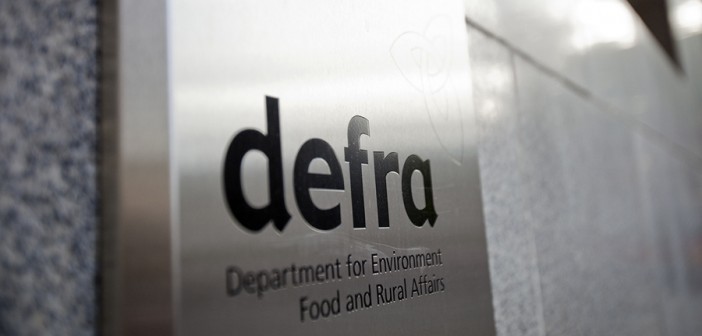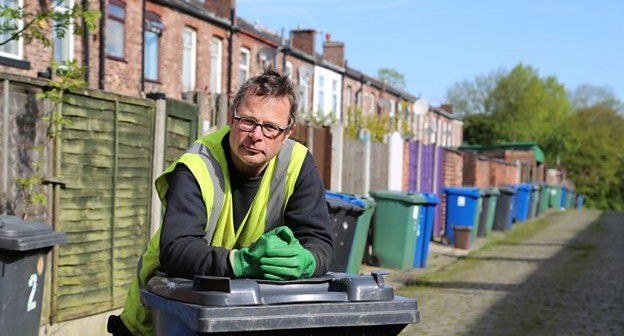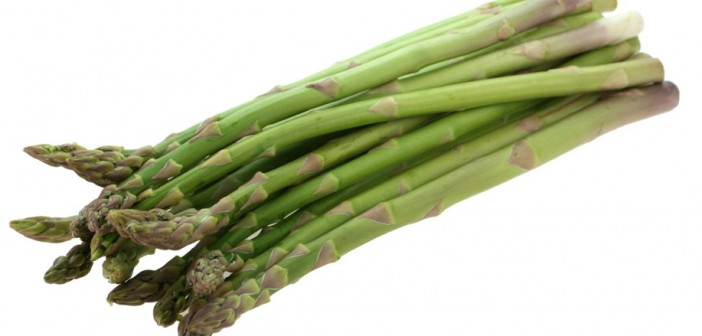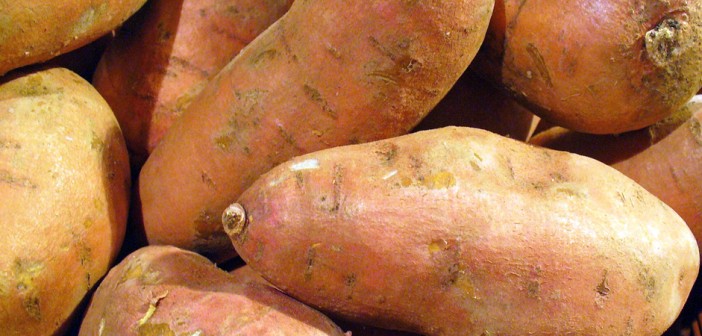A year on from its launch, Environment Minister George Eustice has praised the efforts of thousands of people to support the National Pollinator Strategy.
Speaking at a Bee Summit organised by Friends of the Earth and the Women’s Institute on Monday (9 November), Mr Eustice said, “Protecting our pollinators is a priority for this government. They are an essential part of our environment and play a crucial role in food production.”
As part of this Defra has published a new implementation plan for the strategy. Defra has also provided £20,000 in grants to five Local Nature Partnership projects in Hertfordshire, Lancashire, Lincolnshire, Durham and Surrey.
The NFU urged government to recognise the role farmers played in protecting bees. NFU Vice President Guy Smith said: “Farmers do fantastic work for pollinators covering thousands of acres of the British countryside. This substantial contribution benefits local biodiversity and brings valuable and vital pollination to crops.”
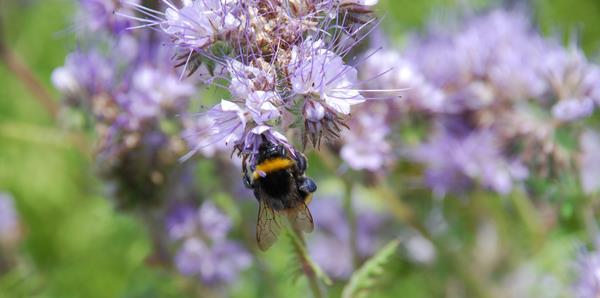
Photo Credit: NFU
The post New pollinator projects announced appeared first on Hort News.


